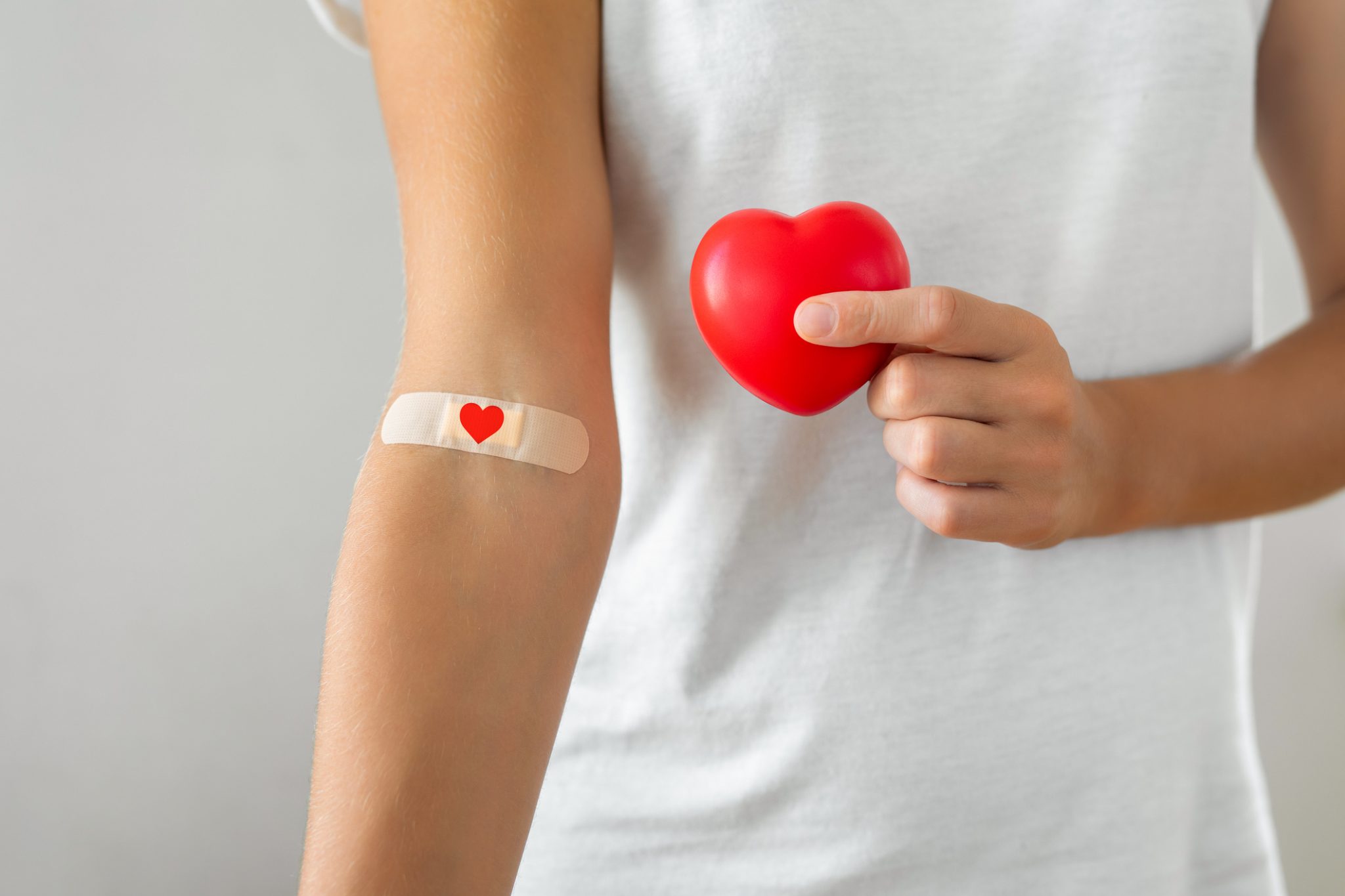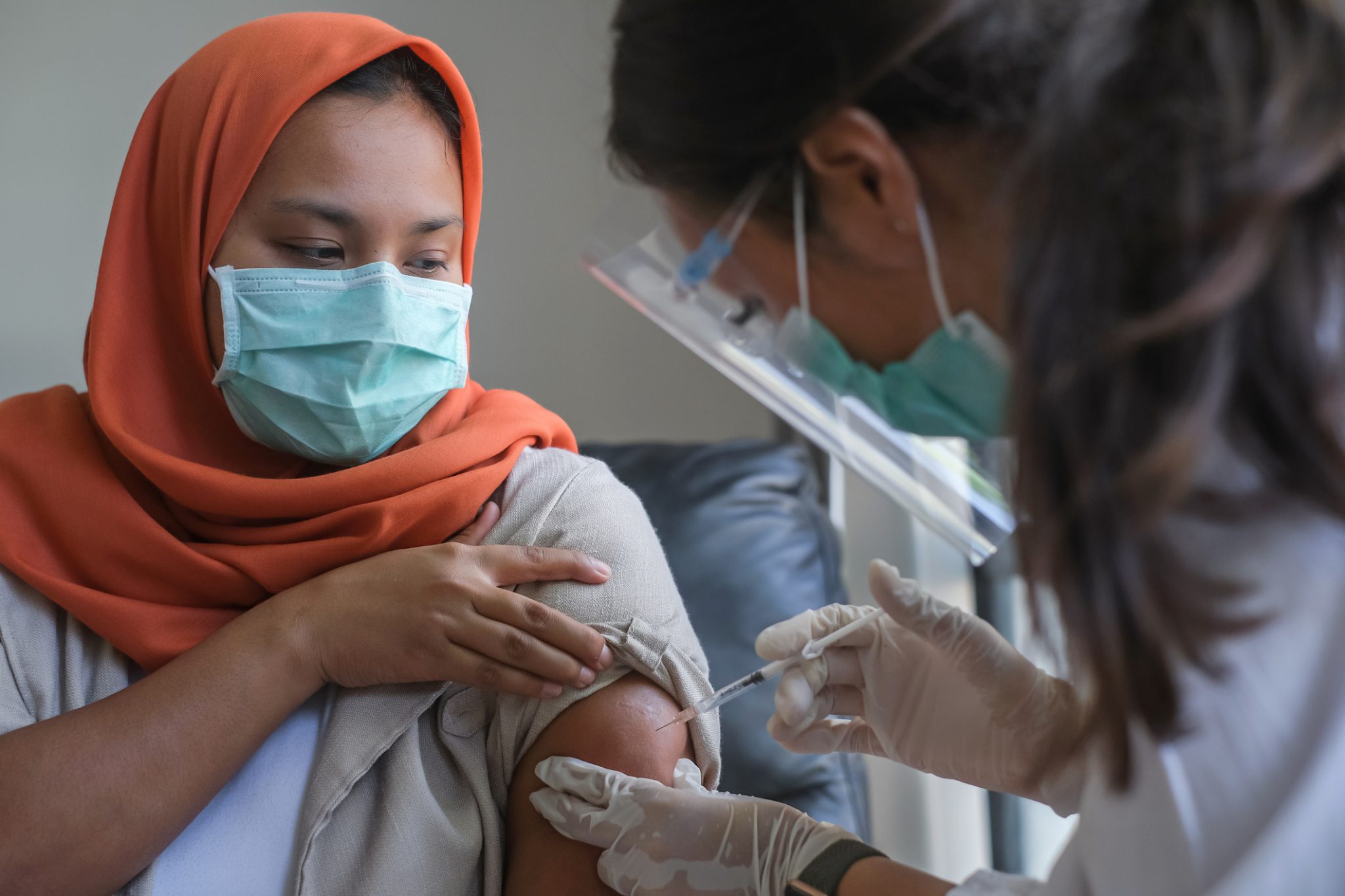Caring for All: National Minority Health Month
APR 30, 2023Providing information in a person’s chosen language is just one way we can help improve the health of people in ...
Read More
When it comes to violence, there’s rarely just one victim. Research has shown violence’s adverse effects extend beyond the immediate victim to impact families, communities, neighborhoods and schools. In fact, exposure to violence alone has been linked to chronic disease, mental health issues and lower quality of life, plus increased risk of continuing the cycle of violence and disease.
We as health care professionals see the destruction violence causes firsthand. That’s why we are passionate about reducing the number of violent crimes and injuries that present to the Trauma Center here at CHI Health Creighton University Medical Center - Bergan Mercy, as well as our Emergency Departments, and city wide.
One way is through a partnership with the organization YouTurn. Their efforts create opportunities for youth to “break the cycle” of violence by helping adolescents and young adults seek positive alternatives to violence. The program’s goal is to anticipate where violence may occur and intervene before it erupts. The program trains under the Cure Violence Health Model, which uses an epidemic control method to reduce violence -- detecting and interrupting conflicts, identifying and treating the highest risk individuals and changing social norms.
The Cure Violence Health Model has been successfully replicated dozens of times around the world, in places like New York, Chicago, New Orleans, as well as in Honduras, South Africa and Mexico -- with a notable reduction in violent crime of up to 50% in some areas.
Here in Omaha, YouTurn serves adolescents and young adults 12 to 24 years of age residing in areas of Douglas County which are at the highest risk for violence. They are often associated with gangs and other activities which negatively impact their opportunity for success. While the program utilizes school and street outreach in the northeast and southeast parts of Omaha, its benefits reach the community as a whole.
I have been privileged to witness the impact YouTurn, in conjunction with Omaha 360 and the Empowerment Network, has had on the reduction of violent crime and improvement of community relations in northeast Omaha. It is exciting to extend this work to victims of violent crime, seen at CHI Health, and their families in Omaha. This initiative launched in early March at Creighton University Medical Center - Bergan Mercy, Immanuel Hospital, and University Campus, and we will look forward to sharing the success stories of our patients, staff, and community partners. The more community stakeholders we have supporting this program, the greater the impact we can have in helping reduce violent crime in Omaha.
As noted, CHI Health and YouTurn have launched a new initiative at several Omaha locations to help address and prevent violence. YouTurn follows the model of Cure Violence who states “like all potentially harmful behaviors, violent behavior can be understood, diagnosed and treated through a health lens.” This is why the partnership between YouTurn and CHI Health is such a natural fit. Both CHI Health and YouTurn see violence as an infectious disease that can be addressed -- and an epidemic that can be prevented.
CHI Health recognizes that exposure to violence, directly or indirectly, can impact an individual’s long-term physical and mental health. That’s why we are committed not only to the partnership with YouTurn, but to many other efforts that can impact violence and support individuals who have experienced violence (see examples below). These are some of the ways we live our mission which “urges us to emphasize human dignity and social justice as we create healthier communities.”

Providing information in a person’s chosen language is just one way we can help improve the health of people in ...
Read More
When’s the last time you helped save three lives? Donating one pint of blood can do just that. It’s hard ...
Read More
Preventive screenings such as mammograms, Pap smears and colonoscopies are an essential aspect of health care because they help detect ...
Read MoreWhen you need local health information from a trusted source, turn to the CHI Health Better You eNewsletter.